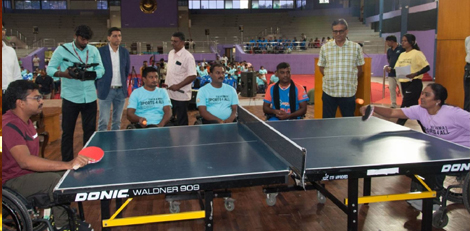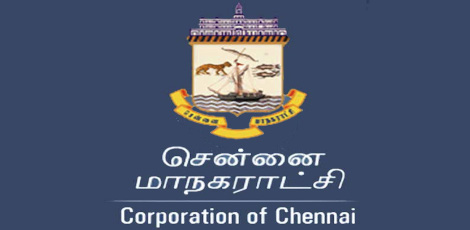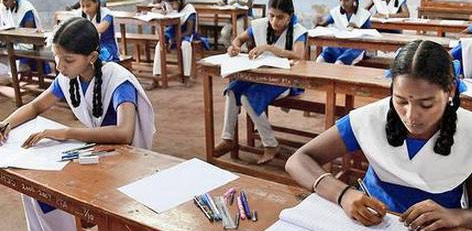HP Accessible Learning for All (ALFA) initiative to partner with like-minded Corporates/Corporate Foundations & NGOs
Posted on: 23/Sep/2022 10:38:22 AM

Continuing its commitment to enhance digital learning opportunities, HP India today announced it would enable up to 2000 digital classrooms under the HP ALFA (Accessible Learning for All) initiative. These digital classrooms will be set up in Government or Government-aided schools across 17 states for the students of classes 9th to 12th. The initiative is aligned with the New Education Policy (NEP) -2020 vision of the Govt of India goals.
HP is inviting corporate foundations and NGOs to participate in this initiative and the last date to submitting their request is October 07, 2022. HP will fund the capital expenditure required to equip each classroom with technology including Multi-function Printers, Webcams, a laptop for teachers, Smart TVs, Android boxes, and an internet dongle for connectivity.
Implementation will be managed by the HP`s NGO partner NIIT Foundation with active support from other corporations, corporate foundations, and Non-Governmental Organisations (NGOs) as part of their CSR initiatives. HP, through NIIT Foundation as an implementing agency, will deploy cluster coordinators to monitor project implementation and progress across different clusters.
Ketan Patel, Managing Director, HP India said, "We are elated to introduce the HP ALFA program and are confident it will pave the way toward digital equity for underserved communities. This initiative is a true reflection of HP`s global vision to contribute to becoming the world`s most sustainable and just technology company. Through this project, we aim to accelerate quality education for young students and inclusive access to skills, knowledge, and technological expertise".
National Council for Educational Research & Training (NCERT)`s DIKSHA course content and syllabus will be used for the classroom learning program. The project will ensure that these students utilize the digital content and e-learning tools to the maximum and add further value to their learning journey. The project will also offer teacher training sessions in all schools, empowering them to use technology-led teaching to further integrate it into the classroom and engage students learning. The project will also look at partnering with individual State Boards and private content providers to use their specified course materials content in vernacular languages across select locations.
Besides academics, additional government of India approved programs and courses on EDP (Entrepreneurship Development Program) would also be offered in the project and be made available for students to aid their learning based on the requirement.







